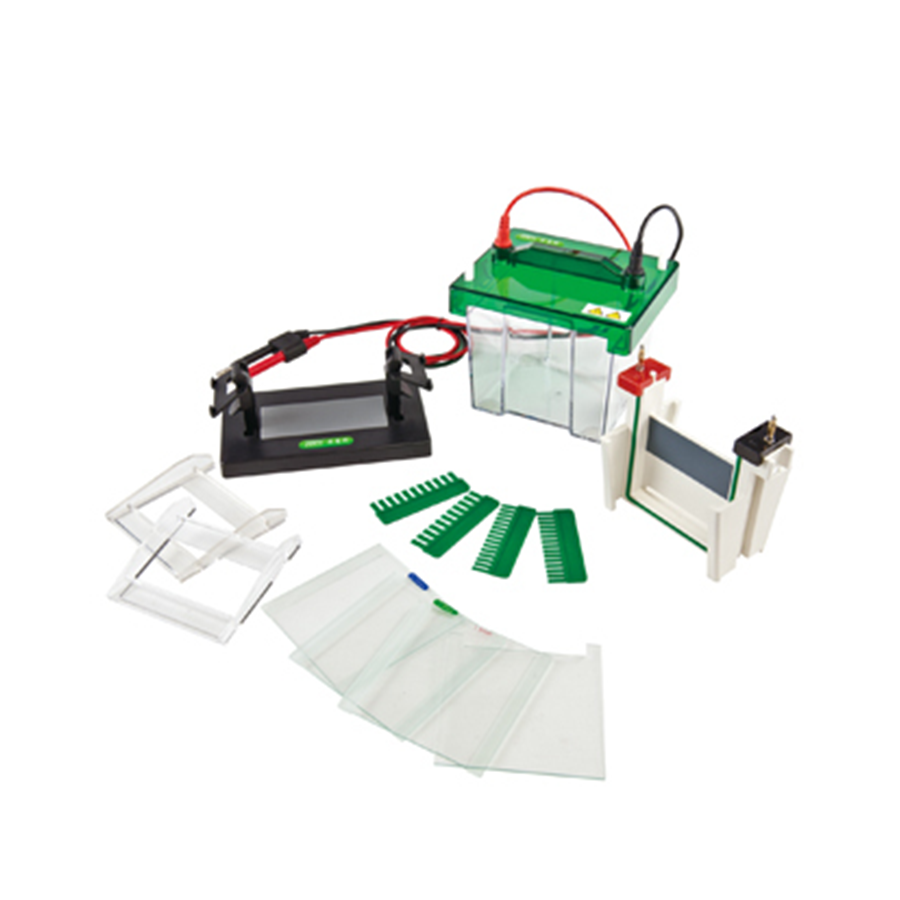The advancement of laboratory equipment technologies is occurring at a breathtaking pace, and it’s no secret that everyone involved in this field applauds the constant innovation. Improvements in precision, efficiency, safety, and performance of laboratory equipment are crucial elements for the evolution of science and medicine. Recent developments in medical devices, in particular, are significantly changing the way certain diseases are diagnosed and treated.
We understand that you need equipment that delivers maximum value to your laboratory. We invite you to visit https://kalstein.de/category-product/laboratory-line/electrophoresis/, to immerse yourself in our universe of cutting-edge technology equipment. Our prices are competitive and accessible, we combine the convenience of online shopping with the guarantee of an exceptional product. Because you deserve the best, we create and offer top-tier laboratory equipment. Make your choice today, where science comes to life. https://kalstein.de/
Electrophoresis: A Key Player in Laboratory Equipment Innovation
Electrophoresis is one of the processes that has recently benefited from these emerging trends in the laboratory sector. In fact, it is one of the laboratory procedures that has experienced the most innovations in recent decades. Its ability to separate nanometer-sized particles based on their electric mobility has proven vital in isolating and analyzing biological molecules, which in turn has led to significant advances in medical practice and research.
As a versatile and accessible technique, electrophoresis has seen some of the most exciting developments in the realm of laboratory equipment. With the growing demand for more precise, rapid, and cost-effective analysis procedures, researchers have been reflecting this need in the evolution of electrophoresis systems. Consequently, electrophoresis is no longer limited to genomic or proteomic research; its use has expanded to a broader range of applications, including forensic medicine, molecular biology, and pharmacogenomics.
Among the highlights of innovations in electrophoresis is the emergence of capillary electrophoresis, a more sophisticated and powerful variant that uses very thin capillaries and higher voltages for better distinction of biomolecules. Other developments include 2D gel electrophoresis, automated electrophoresis, and microporous electrophoresis.
Impact on Medical Devices
The impact of electrophoresis in the field of medical devices has been felt both in the laboratory and in the clinical setting. Scientists and healthcare professionals now have the ability to accurately isolate and analyze biomolecules such as proteins and DNA, facilitating timely and accurate disease diagnosis. Developments in electrophoresis have also enabled the discovery and development of genetic therapies and personalized medications, thus promoting truly personalized medicine.
Moreover, advancements in electrophoresis have triggered an increase in the production and continuous improvement of medical devices. Thanks to electrophoretic technology, modern devices can perform complex tasks with high precision, efficiency, and speed. Undoubtedly, these developments are propelling medicine and biomedical research into a new era of transformative discoveries and applications.
Future Implications and Applications
Ongoing advancements in electrophoresis and its application in laboratory equipment and medical devices present numerous possibilities for the future. With the ability to provide more detailed and accurate analyses of biomolecules, electrophoresis can play a vital role in the development of personalized therapies and medications. This could lead to a more patient-centered approach to healthcare, which is one of the emerging trends in the health sector.
Similarly, electrophoresis is opening new possibilities for genomic research. The ability to accurately analyze DNA and proteins will allow for more detailed and significant discoveries in this field. This, in turn, could lead to advances in areas such as regenerative medicine, population genetics, and gene therapy, radically changing the scope and implications of genomic research.
Electrophoresis at the Forefront of the Scientific Revolution
As one of the most powerful and versatile laboratory techniques, electrophoresis is at the forefront of many of the most exciting advances in science and medicine. Its unique position as a bridge between research needs and clinical applications places it in a position of great relevance in the upcoming scientific and medical revolution.
As science and technology continue to advance, electrophoresis will remain an essential component in innovations in laboratory equipment and medical device developments. Its role in diagnosing, researching, and treating diseases puts it at the center of future medical technology, a position that is only expected to grow over time.
Conclusion
Current and future trends in the laboratory sector underscore the importance of electrophoresis in the scientific and medical spheres. From its role in diagnosing and treating diseases to its influence on medical device developments, electrophoresis is becoming a central axis in the scientific world. Undoubtedly, its evolution and application will continue to set the pace for future advancements in the field.

